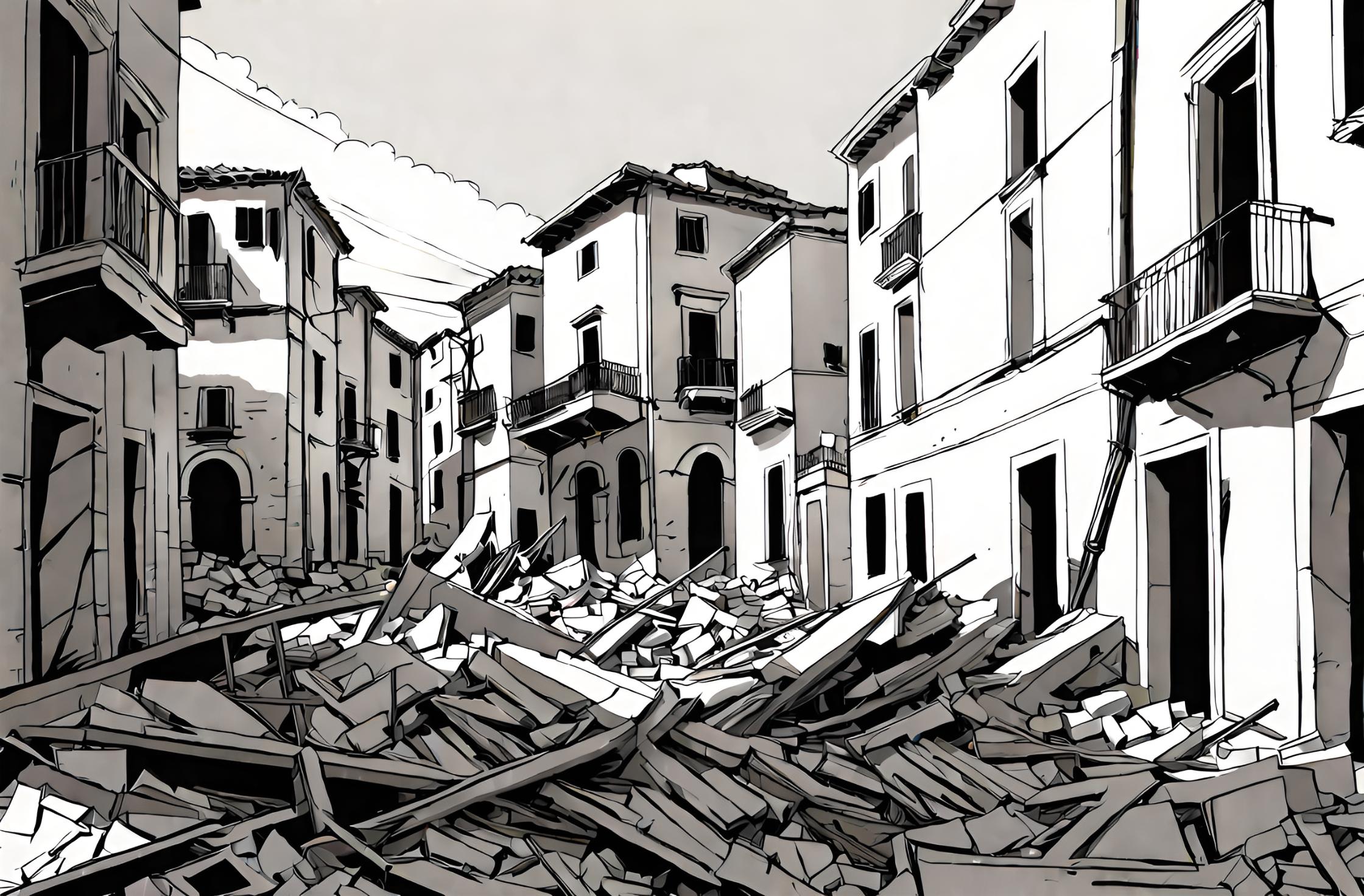Flashback to November 23
World History

2009
In the Philippines, at least 57 are abducted and killed in an election-related massacre
Read moreOn November 23, 2009, a horrific incident shocked the world as news emerged from the Philippines about one of the deadliest election-related massacres in recent history. Facing an event of unparalleled brutality, wherein at least 57 people were abducted and ruthlessly killed in the province of Maguindanao, the incident sent ripples of disbelief and horror across global communities.
The massacre took place in the southern part of the Philippines, where political tensions have long been simmering. The unfortunate victims were journalists, lawyers, and civilian supporters of gubernatorial candidate Ismail Mangudadatu. They were headed to the Commission on Elections to file the Certificate of Candidacy on behalf of Mangudadatu when they were ambushed, effectively making this event not only an affront to democratic principles but also to freedom of the press.
In the aftermath of the Maguindanao massacre, international media outlets rapidly picked up the story, and the gravity of the vile act quickly reverberated on a global scale. Significant attention was drawn to the systemic issues connected with political violence, particularly in conflict-stricken regions such as Maguindanao. Moreover, the brutal killing of journalists escalated the dialogue about freedom of the press, infusing a much-needed urgency in addressing this significant concern.
The event instigated serious scrutiny of the Philippine government and heightened global attention on the intersection of politics, violence, and media freedom, especially in developing nations. It also put a significant aspect of global democratic practice under the spotlight: the concept of safe and fair elections.
The massacre revealed a darker, terrifying side of political rivalry within the autonomous region of Muslim Mindanao. Reports suggested that the series of brutal killings was carried out by approximately 100 armed men, allegedly led by Andal Ampatuan Jr., the son of the incumbent governor of Maguindanao, and a prominent member of the opposing political family.
The incident’s horrifying nature prompted international and local calls for justice, provoking the Philippine government’s immediate response. The accused were apprehended and faced charges of murder, yet questions about the integrity of the country’s political landscape remained. Notably, this event further underscored the pressing urgency of addressing the culture of impunity in the Philippines.
Given the impact the Maguindanao massacre had on the Philippines and global community, this event should serve as a stark reminder of the importance of protecting democratic institutions. The grief and horror of that day must not be forgotten, as they serve to highlight the need for justice and to ensure that such a tragedy never repeats itself.
The way forward from such a tragedy is laden with challenges but it also paves the path towards significant change. The Maguindanao massacre makes it clear that the international community has a shared responsibility in fighting against political violence and advocating for press freedom – two important aspects that can contribute to a more democratic and just society.
Therefore, continued dialogue about the Maguindanao massacre is essential in the global political discourse. Such discussions can spur action towards better governance, media protection, and fair electoral processes, not just in the Philippines but also in all corners of the world where freedoms and rights are continually threatened.
In light of the Maguindanao massacre, it becomes crucial to uphold democratic principles, support press freedoms, and advocate for fair elections. In the same vein, it is equally essential to promote a culture of human rights respect, deter political violence, and challenge impunity that often shields the guilty from the hands of justice.
With these in mind, the memory of the Maguindanao massacre should serve as a rallying cry for nations around the world, reminding us that the struggle for a peaceful, democratic, and just society is a shared responsibility that transcends geographical and cultural boundaries.
We strive for accuracy. If you see something that doesn't look right, click here to contact us!
Sponsored Content

A series of earthquakes…
The devastating series of…

Andre Malraux, French novelist/art…
Renowned French novelist and…

A total solar eclipse…
Witness the magic of…

In the Philippines, at…
On November 23, 2009,…

British bombers again attack…
On the evening of…

In Dumbarton, Scotland, the…
Experience a piece of…

